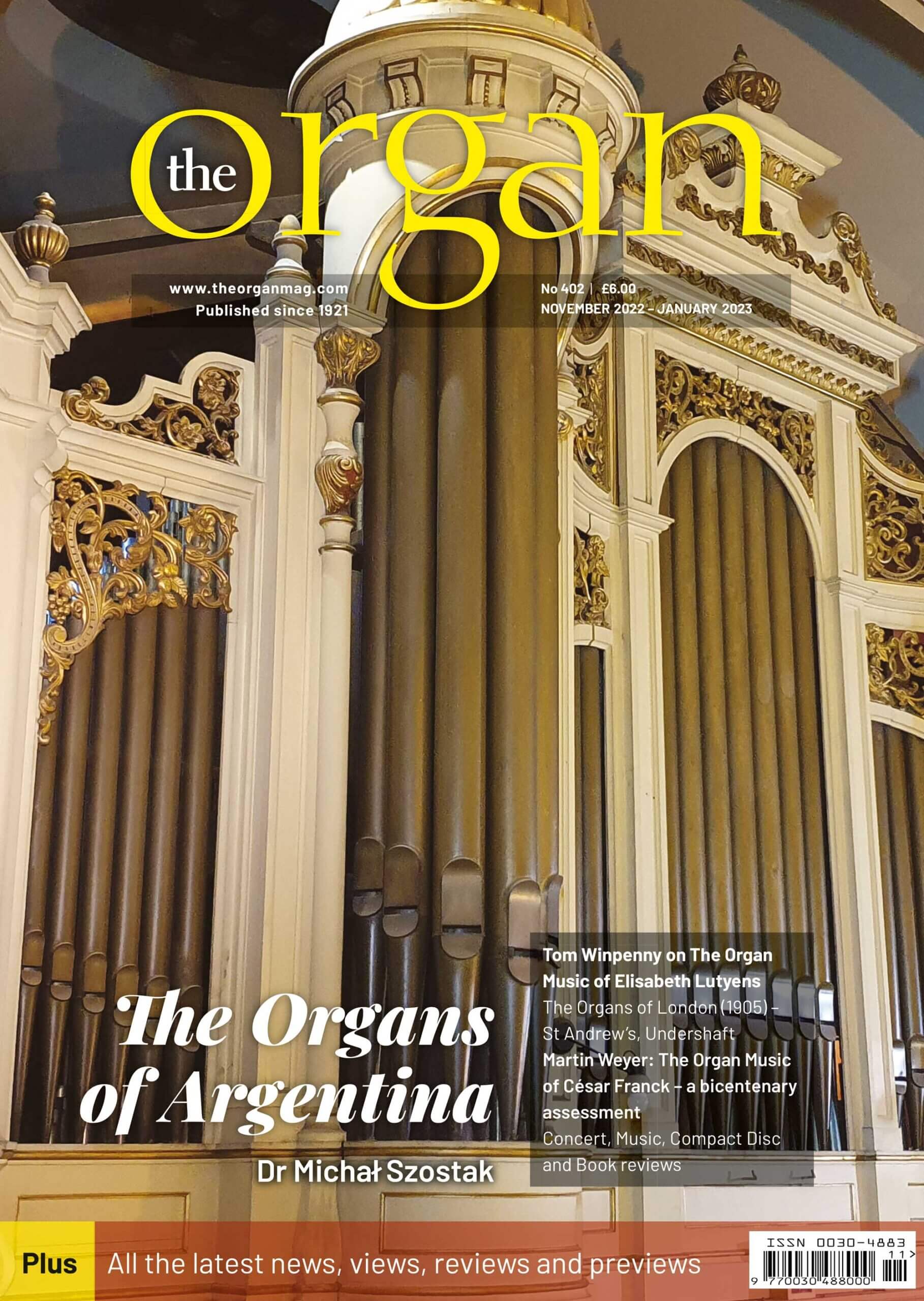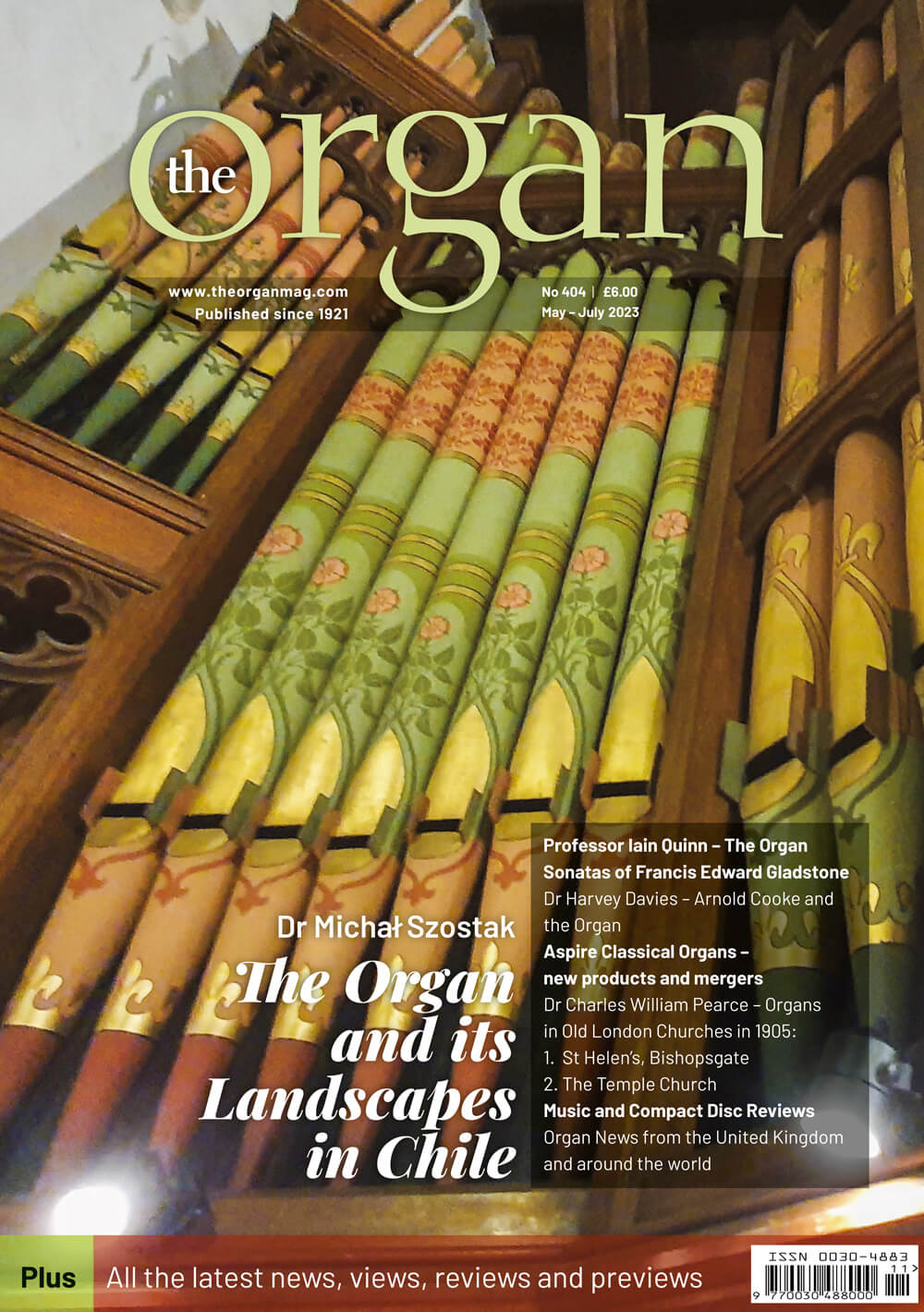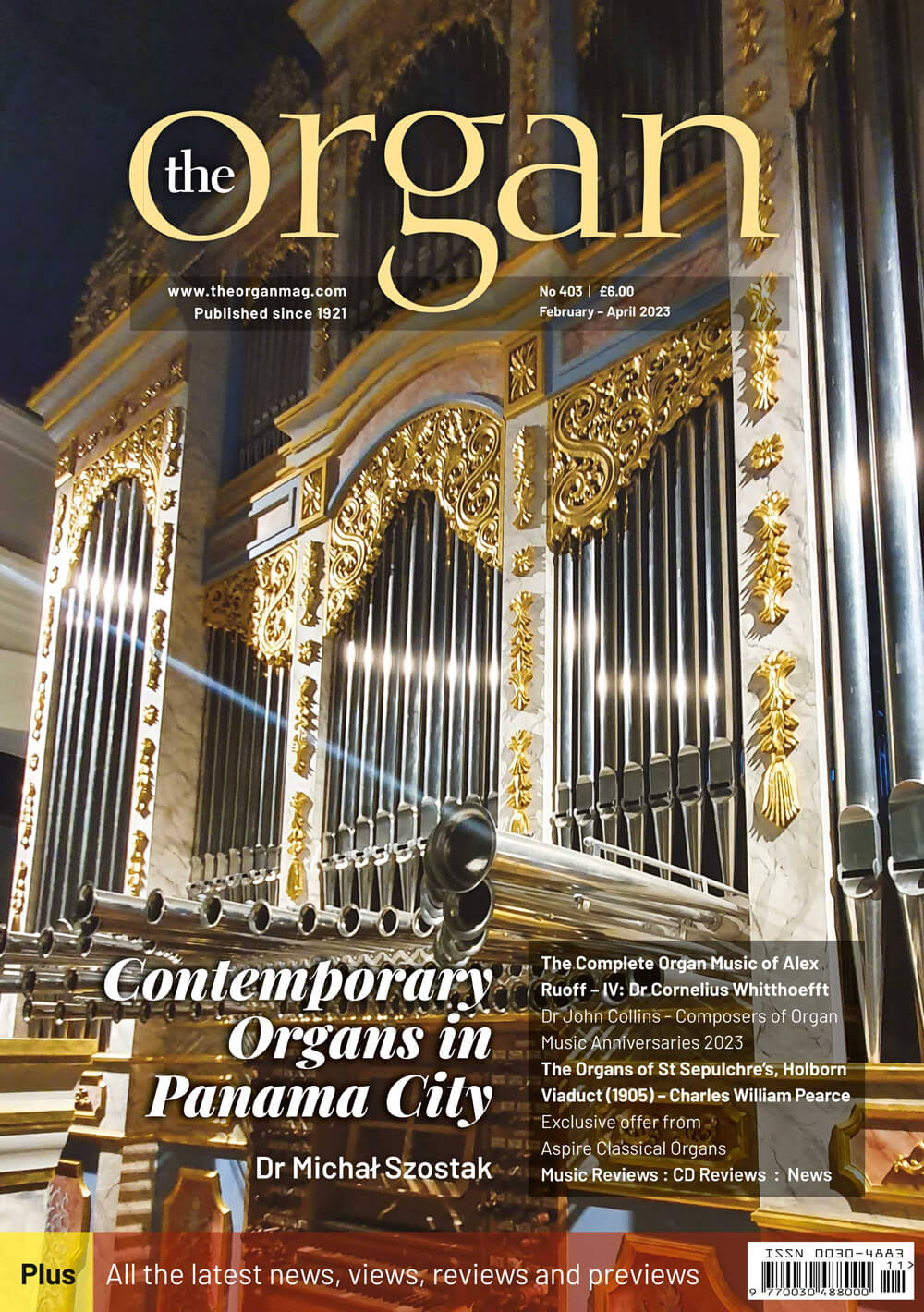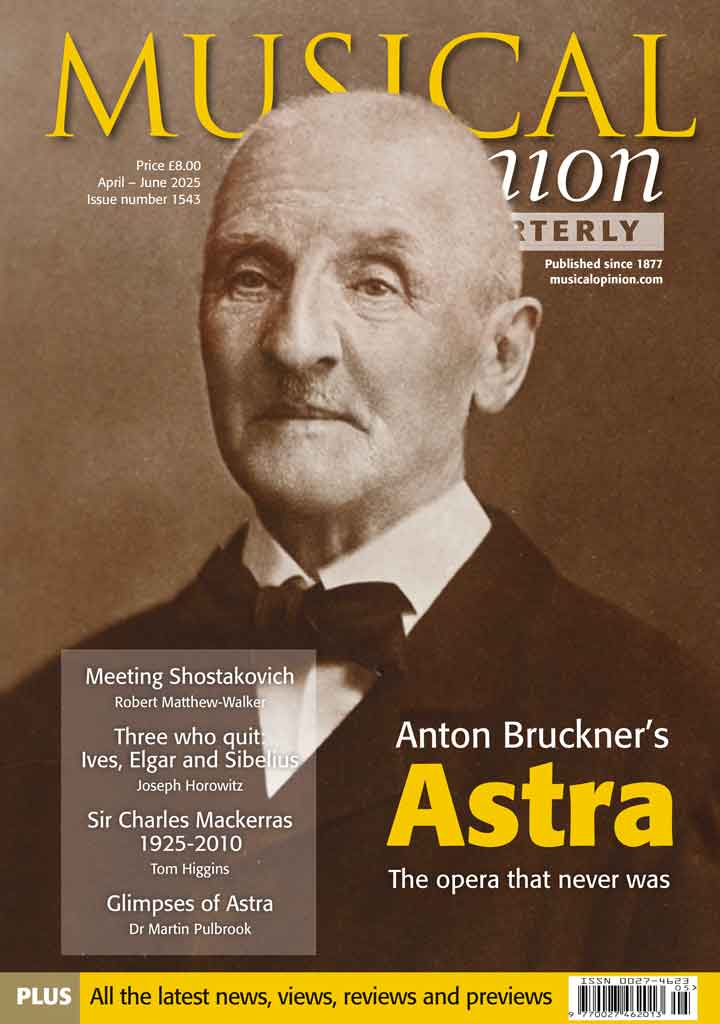

Current Issue
Previous Issues
Spring 2025. Issue 1541
Winter 2024. 1540
Autumn 2024. 1539
Summer 2024. 1539
Spring 2024. 1538
Winter 2023. 1537
Autumn 2023. 1536
Summer 2023. 1535.
Spring 2023. 1534.
Winter 2022. 1533.
Autumn 2022. 1532.
Summer 2022. 531.
Following the dispicable and illegal invasion of Ukraine, the Summer 2022 edition of Musical Opinion carries a large article about Sergei Prokofiev, arguably its most famous composer along with an overview of the Ukrainian classical music scene over the last one...
Spring 2022. 1530.
Winter 2021. 1529.
Autumn 2021. 1528.
Summer 2021. 1527.
Spring 2021. 1526.
Winter 2020. 1525.
Autumn 2020. 1524.
Summer 2020. 1523.
Explore By Topic
Winter 2019. 1521.
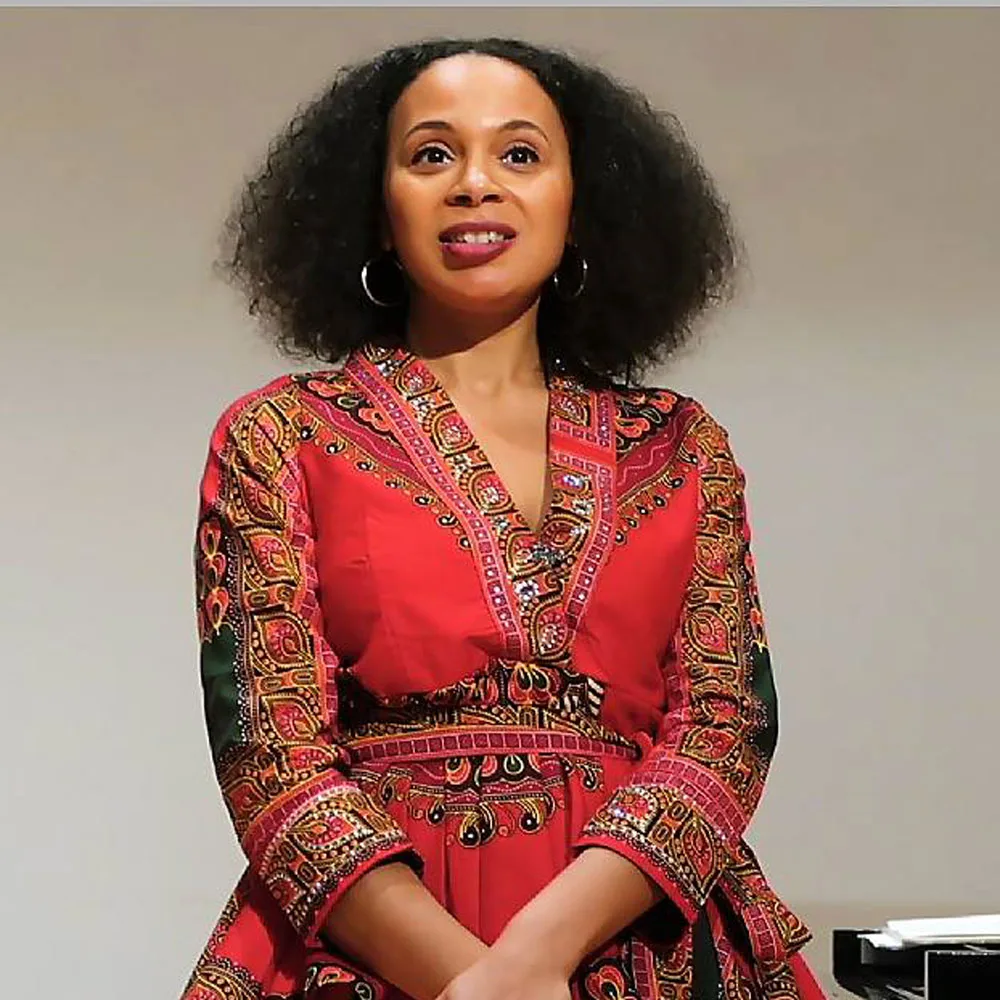
African classical music and The African Concert Series
Rebeca Omordia
“EKELE: From the Land of the Rising Sun I bring you greetings!” This was the slogan of the promotional feature for the CD I released in 2018 featuring piano music by African composers. It’s always been a Nigerian-Me/Romanian-Me and exploring my African heritage was a tribute to my father who left Nigeria in the ’70s, right after Nigeria’s civil war – the Biafra war, and went to study medicine in Romania, where shortly thereafter he met my mother and settled. Growing up in Ceaușescu’s Romania and being trained under the principles of the “Russian Piano School” limited my imagination as a musician when deciding on a recital programme, but after coming to the UK to study in 2006, and later working with cellist Julian Lloyd Webber who introduced me to the music of British composer John Ireland, I caught a glimpse of a new musical horizon. My journey of researching into “the Land of the Rising Sun” wasn’t without pain and lasted for almost five years as almost none of the music had been published, but it lead me to an incredible discovery, a genre of music unknown to the Western world – the African Art Music.
African classical music, known as African Art music, is a genre of music that originated in West Africa – Nigeria and Ghana, and forms a bridge between Western classical music and African traditional music. It emerged in the 20th century and its founding father is Nigerian composer Fela Sowande (1905-1987). Most, if not all composers studied in Europe then returned to Nigeria or Ghana where they started broadcasting and lecturing at various universities.
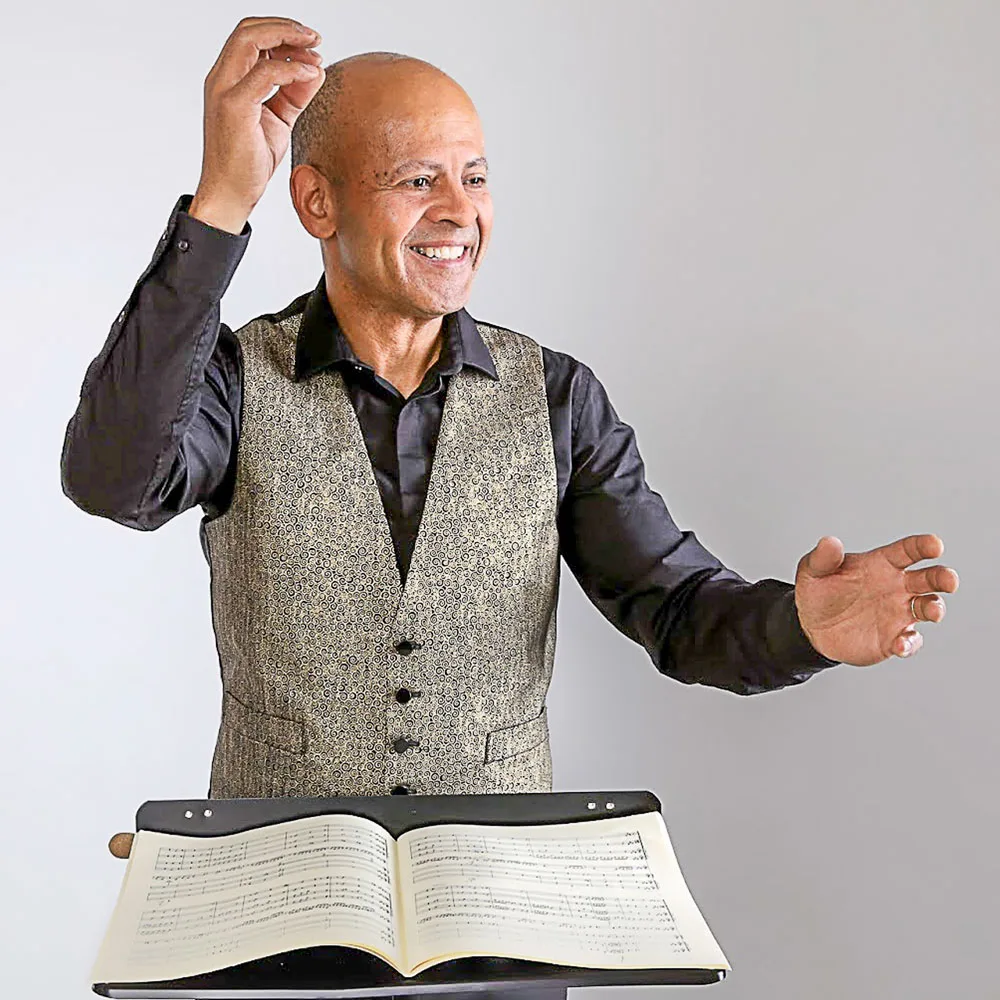
The Academy at Sixty – a personal reminiscence
Leon Bosch
Sixty years after its founding, the Academy of St Martin in the Fields remains a cherished global brand, synonymous with artistic excellence, and the time I spent working with the orchestra from 1995 until 2014, remains the most enduring, inspiring and fulfilling chapter in my musical life to date.
I joined the Academy after 11 years as principal double bass in the Manchester Camerata and have the violinist Briony Shaw to thank for introducing me to the orchestra. Briony’s instrumental virtuosity, personal effervescence and musical integrity epitomised the essence of the Academy, and I was delighted to be invited to join this dynamic musical family, following an exhilarating audition and induction process. This was music-making at the pinnacle.
The Academy’s global success attracted musicians of the highest calibre and it was inspiring to be amongst legendary musicians like Alan Loveday, whose benchmark recording of Vivaldi’s Four Seasons earned The Academy its first Gold Disc, as well as Michael Laird, Celia Nicklin and Tristan Fry; and I was fortunate to be able to work extensively with the three original music directors: Sir Neville Marriner, Iona Brown and Kenneth Sillito.
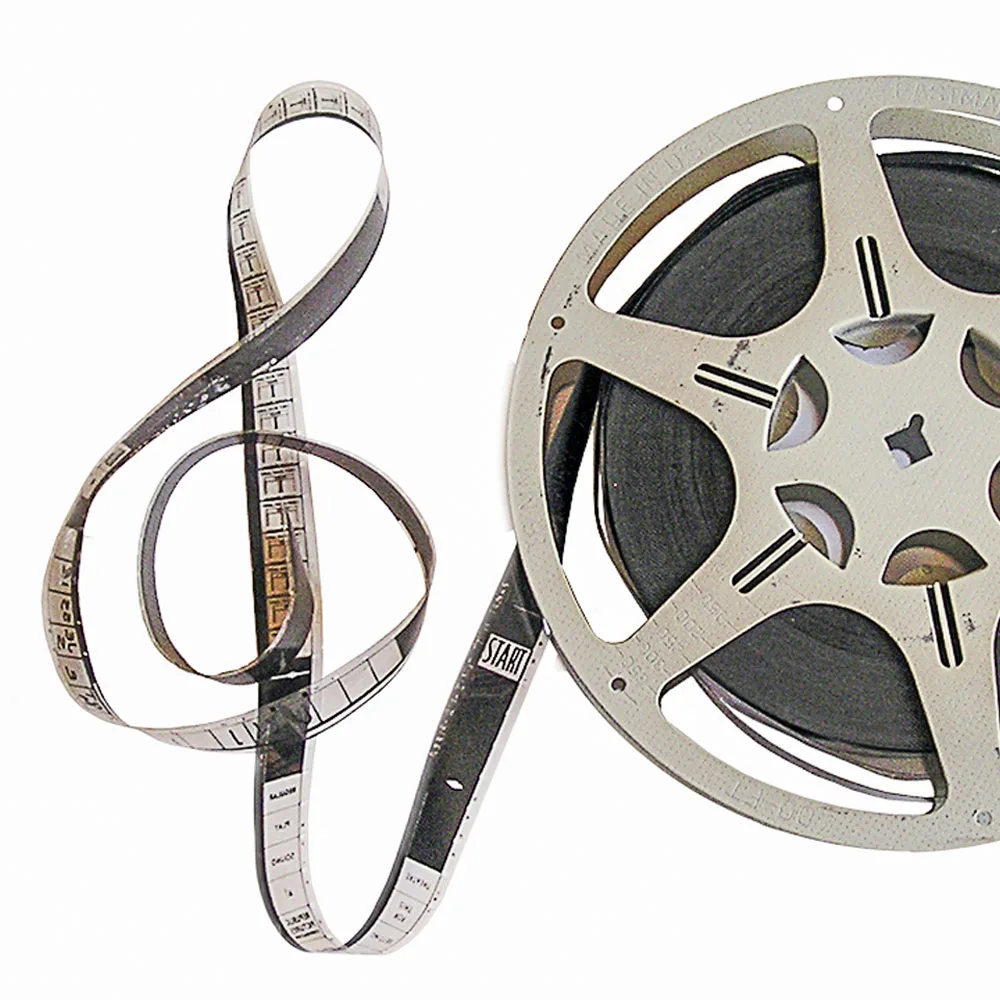
The good, the bad and the ugly: recent music for the screen
Barnaby Page
The online chatter of the moment might have you believe that Hans Zimmer is the only name that matters in film music today: the best thing since John Williams, if not Erich Wolfgang Korngold. The reality, though, is that – as so often with the cinema – the best work is not being done by the biggest star.
Indeed, Zimmer’s prolific output is quite uneven in quality (as is the case with most film composers). Occasionally, perhaps most recently in his scores for the two Christopher Nolan movies Interstellar and Dunkirk, he is back to the standards of The Thin Red Line in 1998, where he helped to build a whole near-magical world with music. Yet for every master-stroke, like the tortured quotation from Elgar’s Nimrod that Zimmer presses into service to characterise the similarly stretched, battered army in Dunkirk (2017), there is plenty of work like his theme for Netflix’s The Crown: eminently serviceable, but unmemorable, and well within the realms of the ordinary.
Of course, Zimmer is far from unique in this. Indeed, two of the finest mainstream film scores of the millennium – those by John Powell for United 93 in 2006, and Junkie XL (Tom Holkenborg) for Mad Max: Fury Road in 2015 – come from composers whose other work has rarely stood out to the same degree. (Both have, coincidentally, also collaborated with Zimmer.)
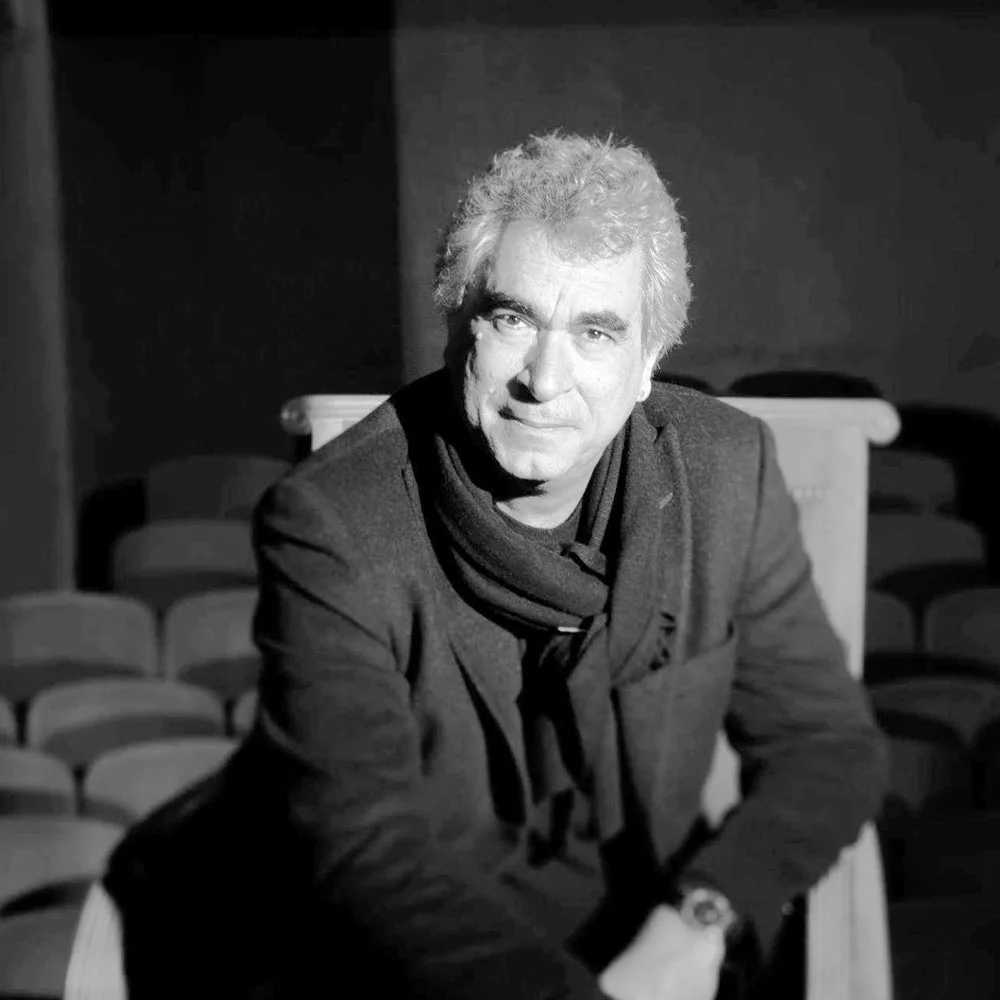
A Composer’s World – Keep on Singing – Part II
Nicolas Bacri
The conclusion of the interview with the distinguished composer by Philippe Malhaire – ‘Pour les Sonorities Opposées [Part I appeared in our July issue]
PSO: Is there not a paradox in wanting to make “clean slate” of the Boulézian “Clean slate”?
NB: If Boulez had really made a clean sweep, I would not have found it contradictory to make a clean sweep of the clean slate. But it just happens that Boulez, despite some of his thunderous statements – like Ligeti– was someone who had strong connections with tradition. This proves that among the greatest minds and talents the clean slate is more theoretical than practical, more a point of conceptual departure than a real outcome. Boulez unfortunately did not welcome the tradition with as much readability as my favourite composers of this generation, but still much more than Stockhausen or Xenakis (whom he did not like from the 1970s). In my first book, Notes étrangères, I quote Boulez going in this direction, quotes which could have been signed by… Marcel Landowski (who claimed to be an important opponent to Boulez)!

